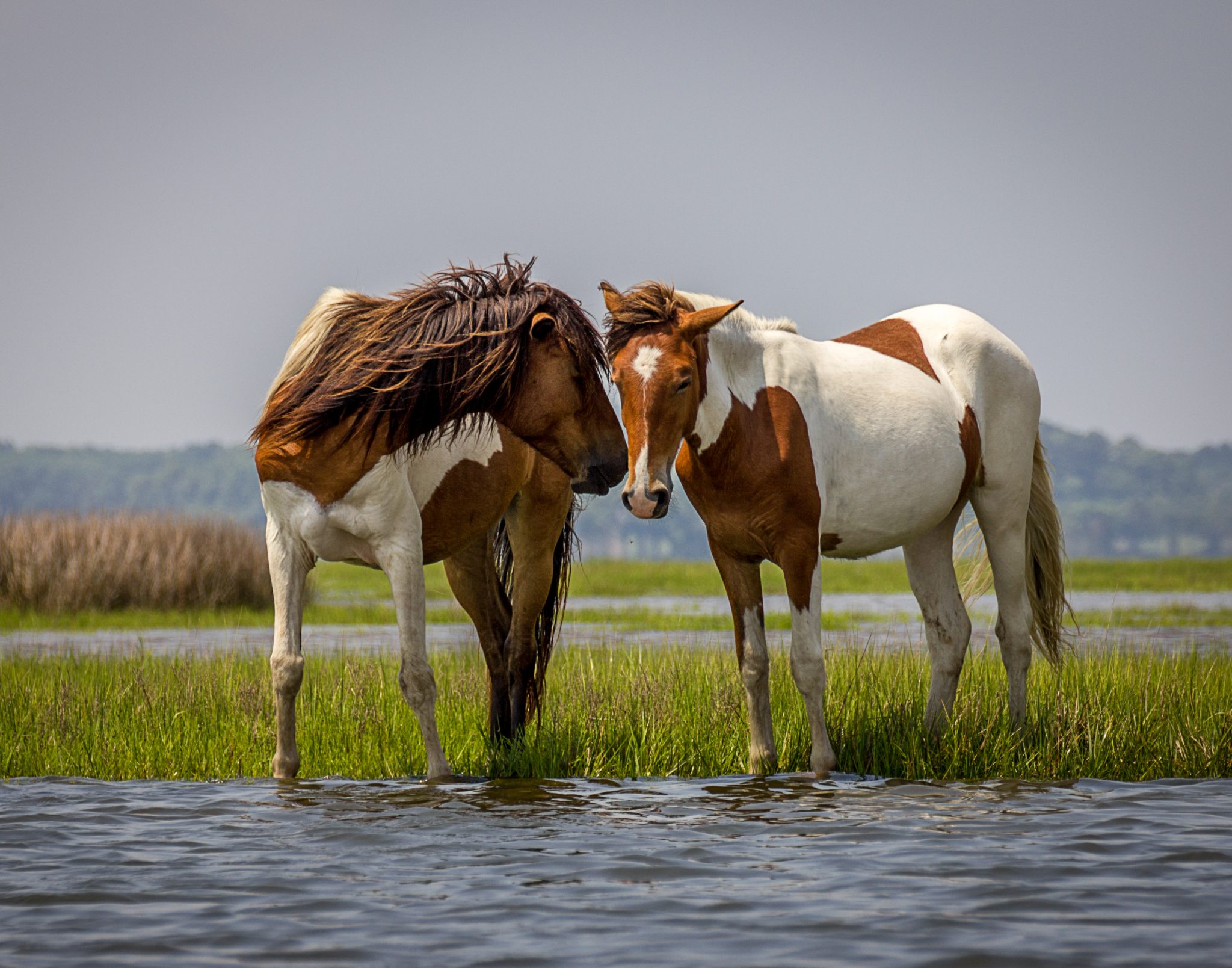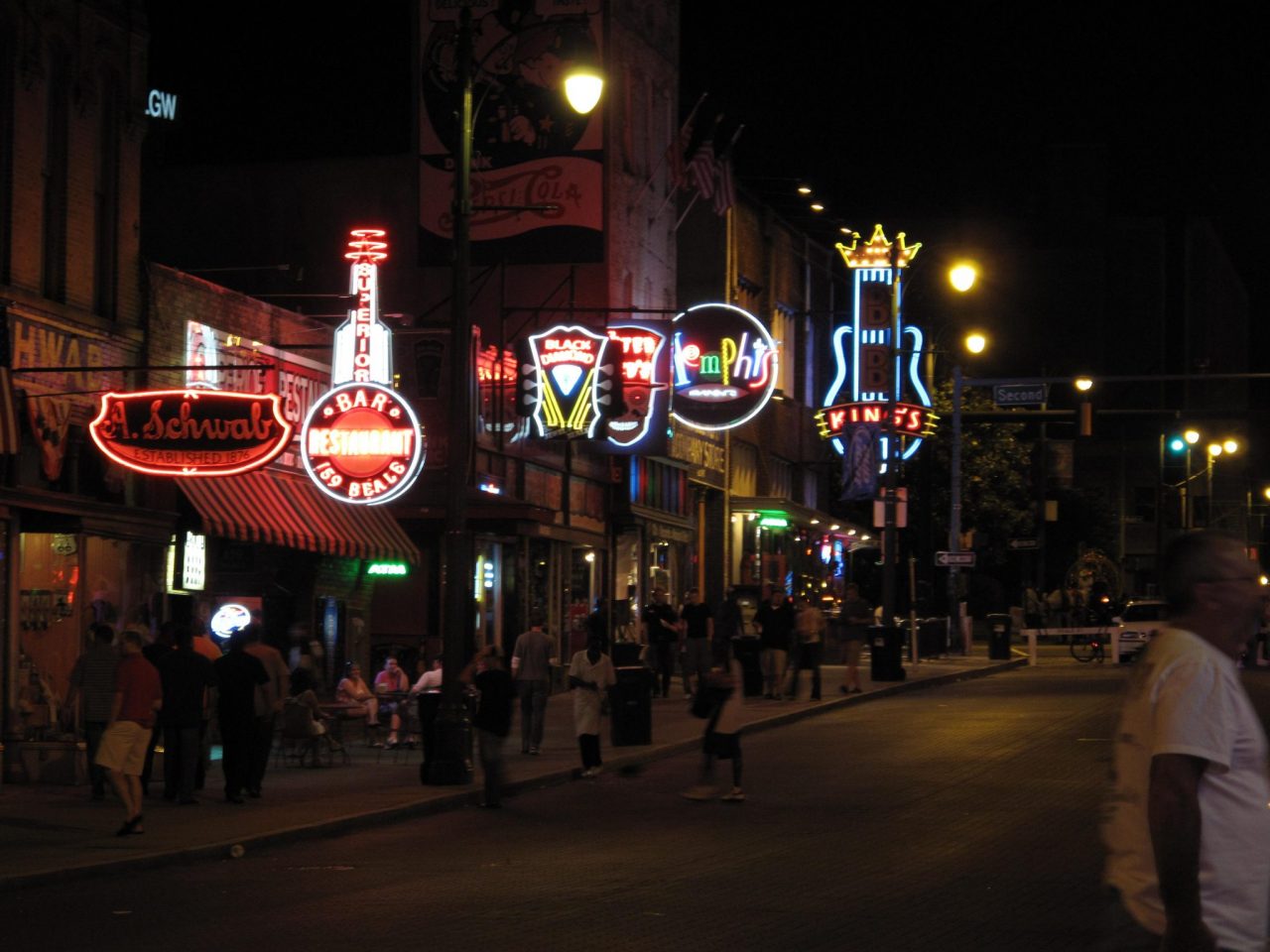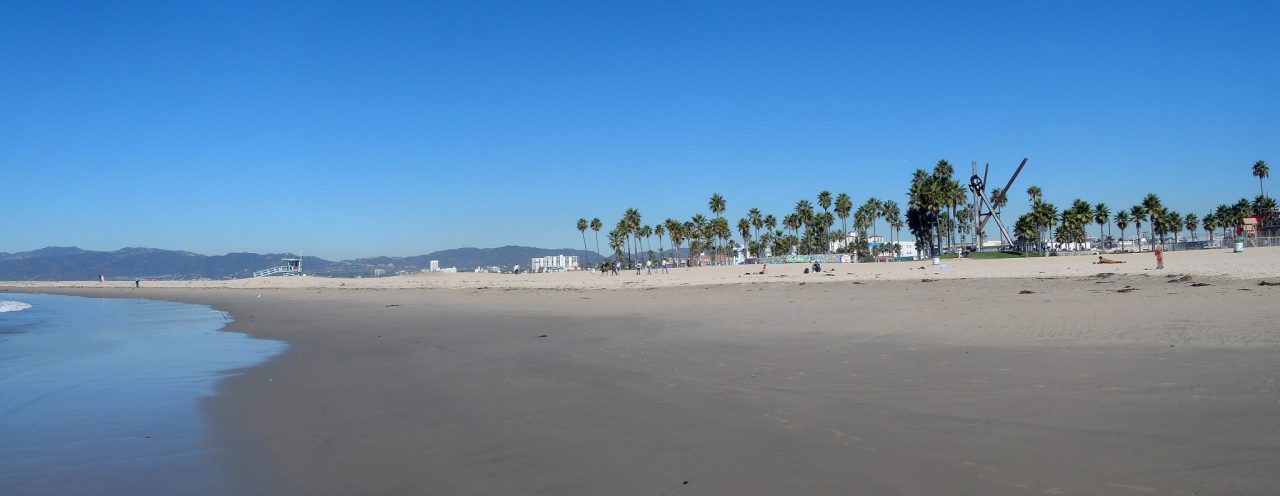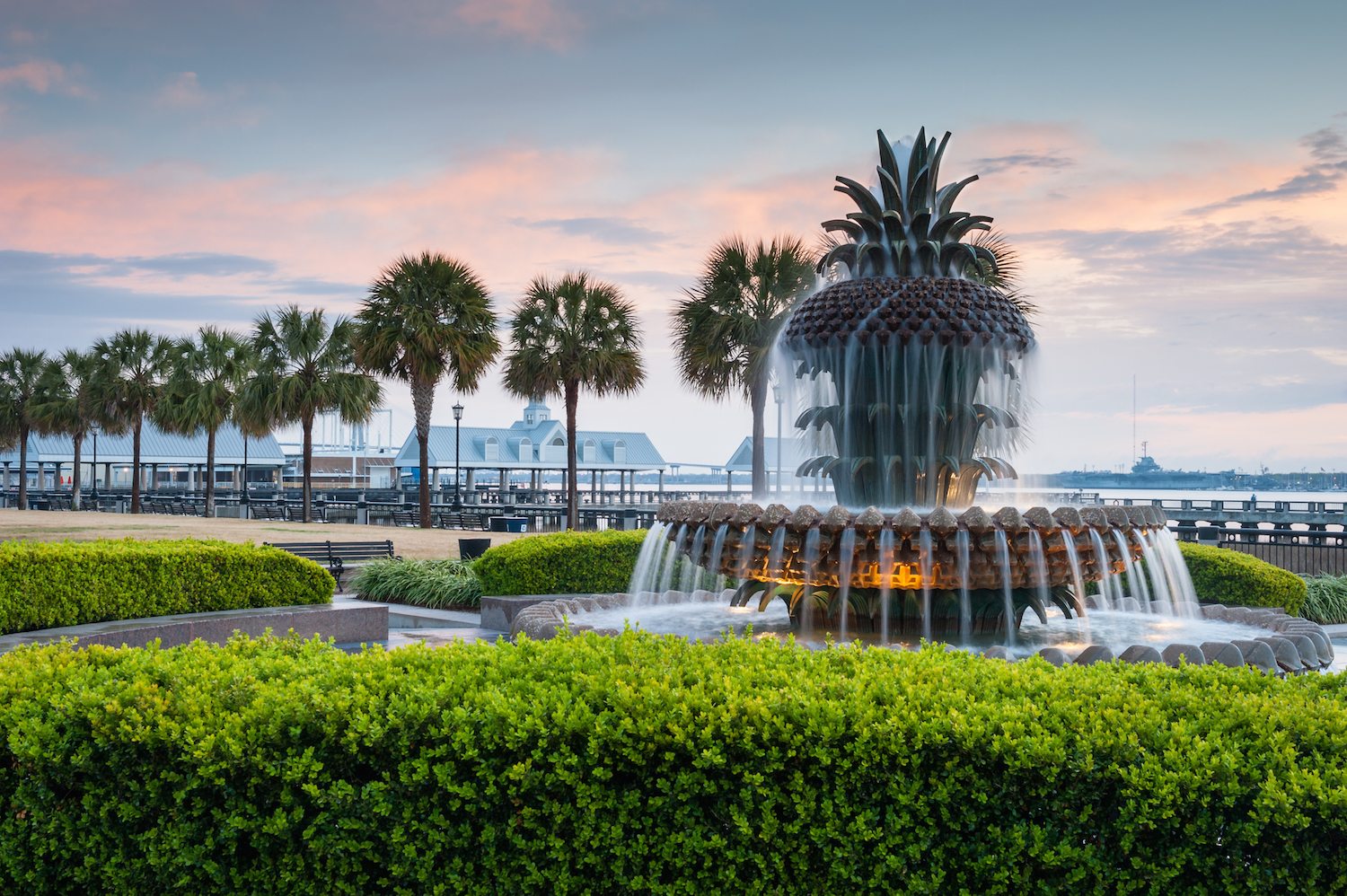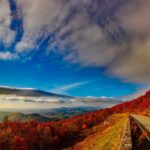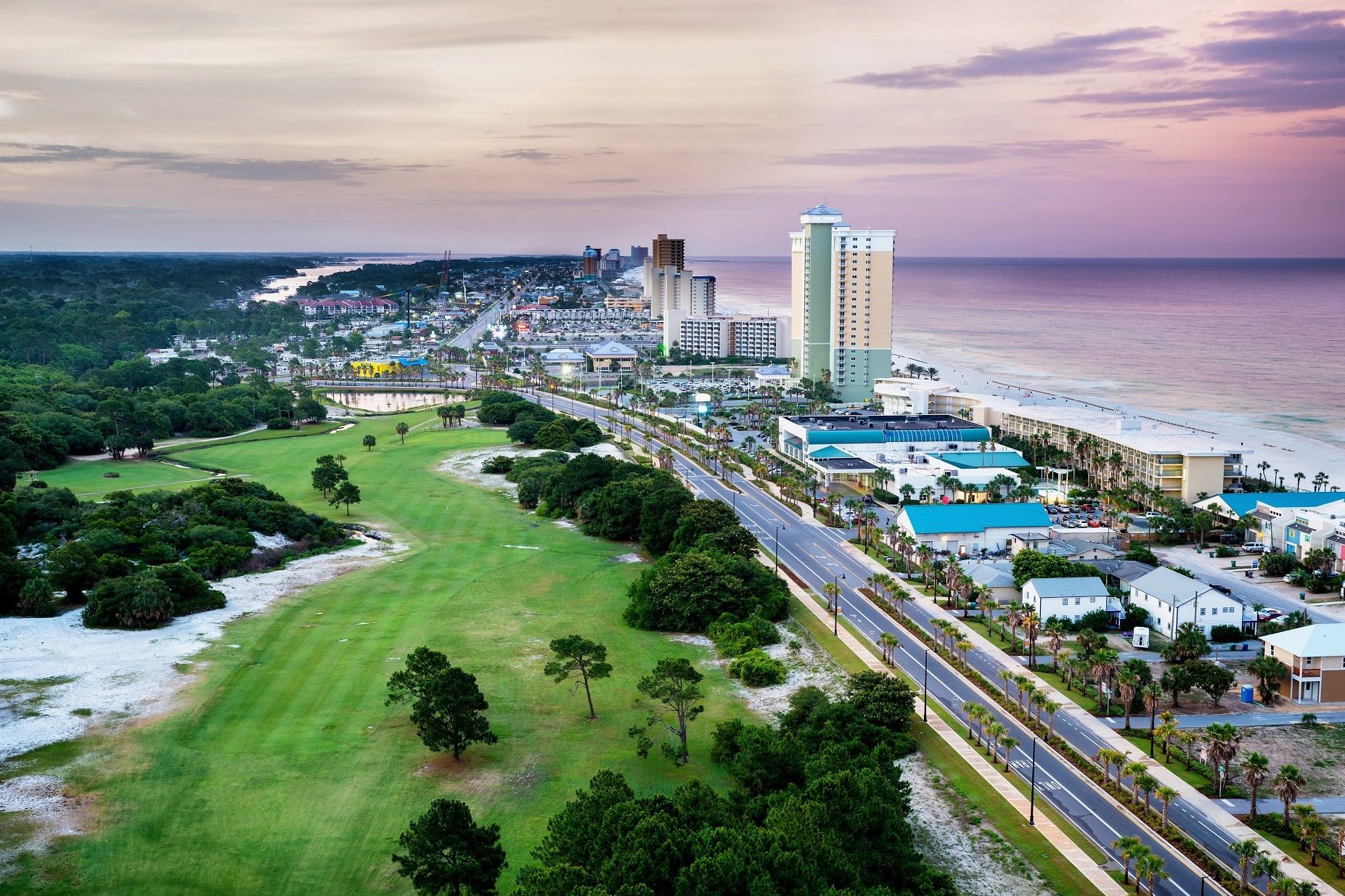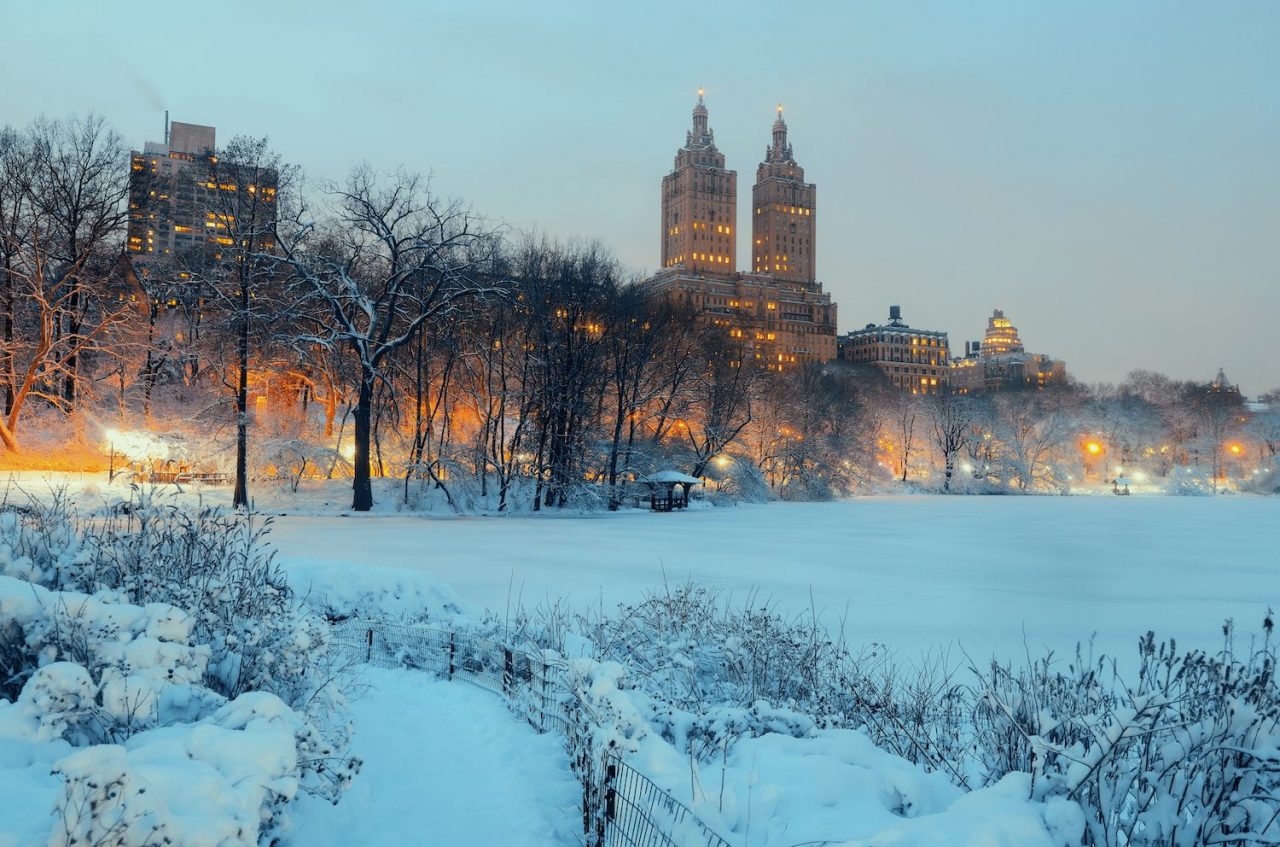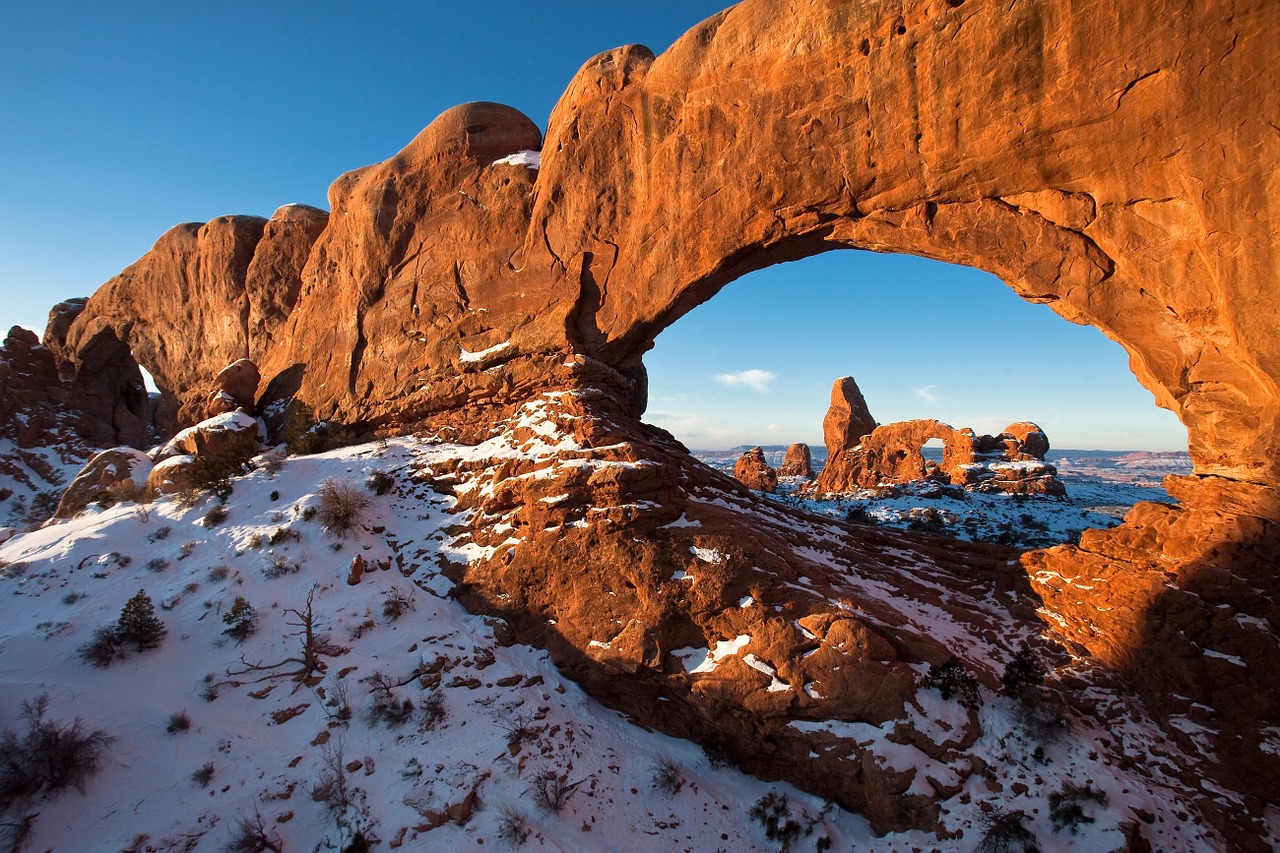“Childhood living is easy to do
The things you wanted I bought them for you
Graceless lady you know who I am
You know I can’t let you slide through my hands
Wild horses, couldn’t drag me away
Wild wild horses couldn’t drag me away”
–Rolling Stones
You’ve heard about them in songs, seen them in movies and read about them in books. However, if you’re like the majority of Americans, you probably haven’t seen wild horses in the flesh. Wild horses, free from captivity, are much different than domestic horses. They are beautiful and graceful, but wild and free. Thus, they are best admired from afar.
Where Can I See Wild Horses?
 There are only a few places in the United States where visitors still have the opportunity to catch a glimpse of these horses in their natural habitat. Residents and tourists to the Chesapeake Bay area have this chance while visiting Assateague Island National Seashore.
There are only a few places in the United States where visitors still have the opportunity to catch a glimpse of these horses in their natural habitat. Residents and tourists to the Chesapeake Bay area have this chance while visiting Assateague Island National Seashore.
Assateague Island National Seashore stretches along the Atlantic Coast of the Delmarva Peninsula, between Chesapeake Bay and the ocean. It is located close to Chioncoteaque Island, Virginia and Ocean City, Maryland. The area is best known for its herds of feral horses, pristine beaches and its historic Assateague Lighthouse.
A Unique History of Wild Horses
According to the National Park Service, the wild horses of Chesapeake Bay and the Assateague Island National Seashore are descendants of the horses brought to the barrier islands in the late 17th century. Such an arrangement allowed the horses’ owners to evade fencing laws and taxes.
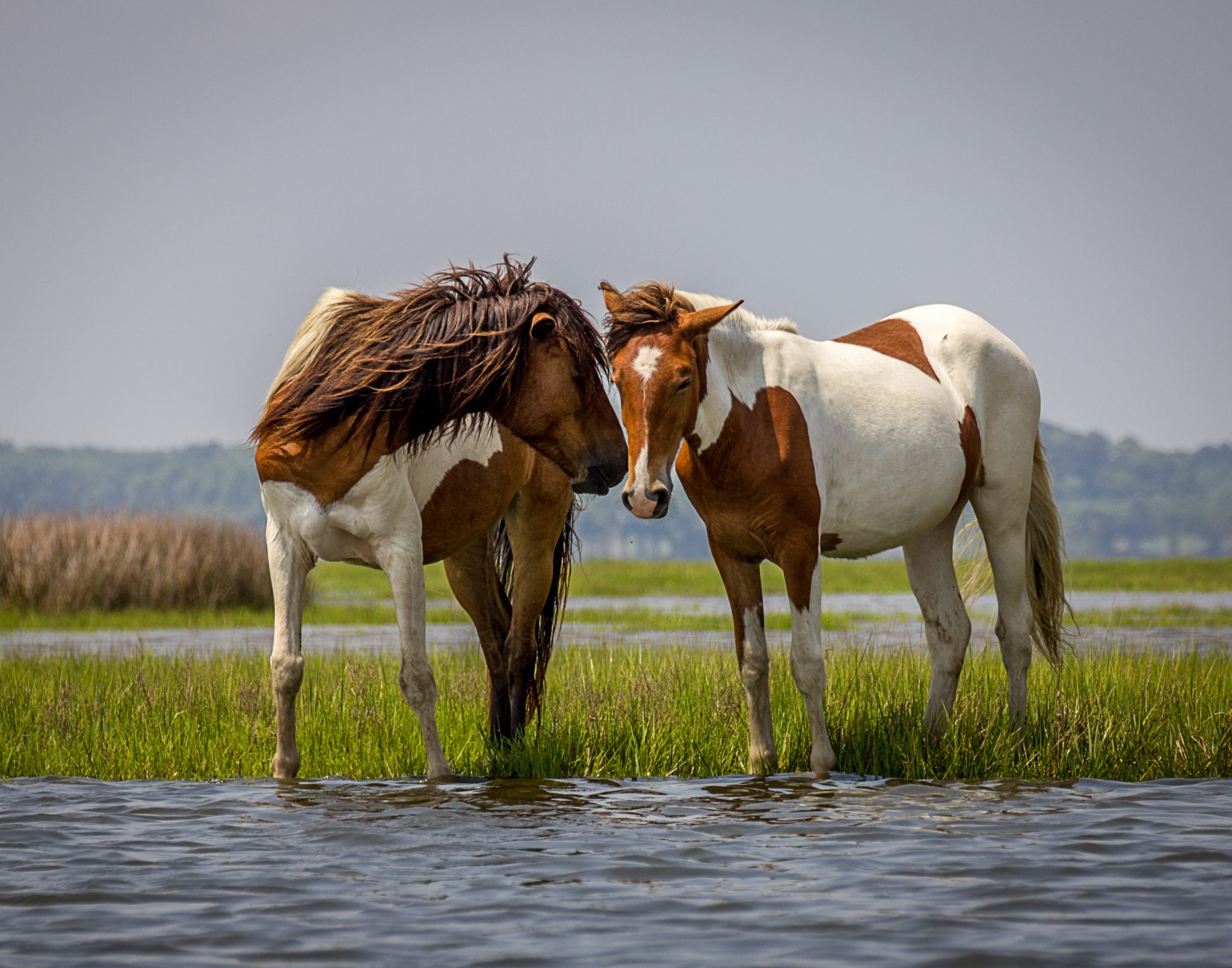
Over generations, the horses have become accustomed to harsh environmental conditions. They are strong, but run freely, and have been known to trample campsites and beach picnics. Unprovoked by humans, though, the horses live peacefully and undisturbed.
More than 100 horses remain on Assateague Island National Seashore today. Researchers monitor and manage the horses to prevent overgrazing and overpopulation. Officially, the park service has designated the horses as a “desirable feral species.”
We happen to agree.

